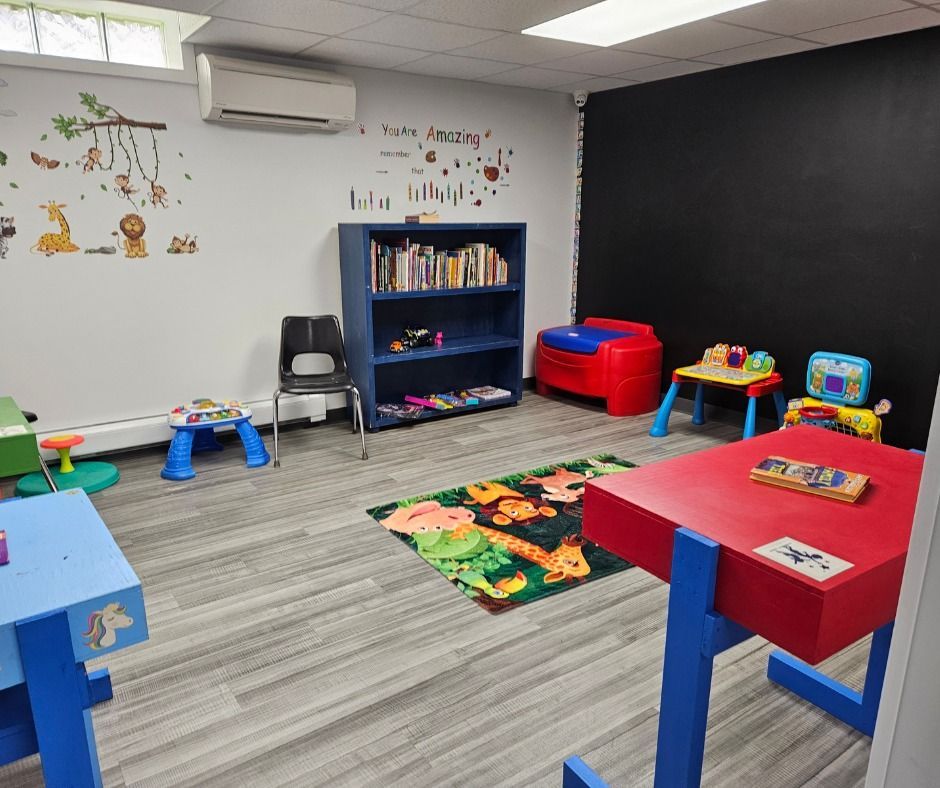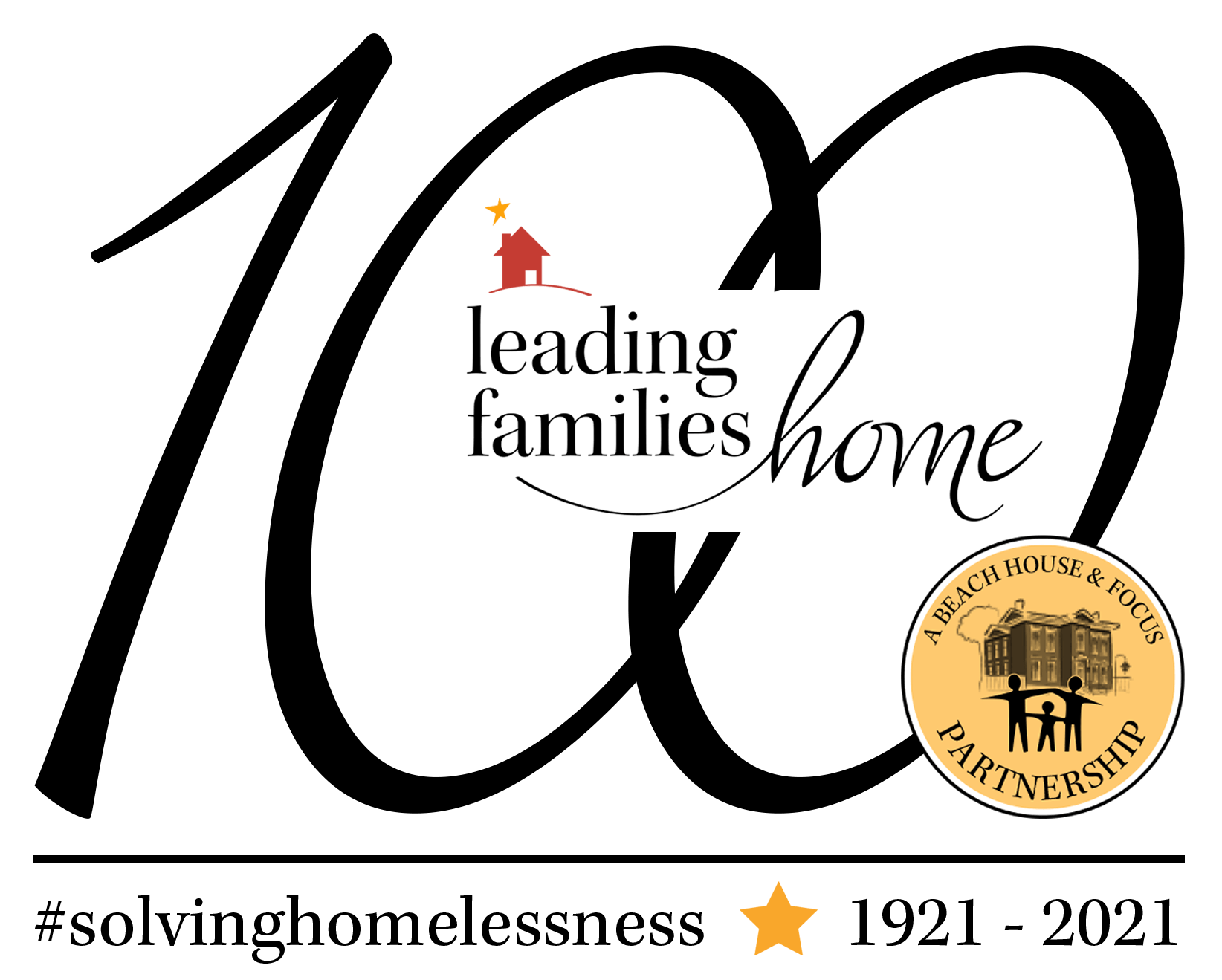How Evictions Lead to Homelessness in Ohio
Do evictions lead to homelessness? If so, how? Is there a way we can reduce evictions? These questions have been on the minds of experts across the US for years, but with the recent pandemic, evictions have become a crisis.
Over two million renter households in the US “report being at risk of eviction,” according to a report by NYU Law ( The Effects of Evictions on Low-Income Households ). Many experience risk of eviction due to loss of income and the inability to pay for rent. Once evicted from their housing unit, many families start on a path to homelessness.
In a
story by NBC24 News
, Marie Flannery, president and CEO of The Fair Housing Center, is quoted as saying: “Once a tenant has an eviction on their record, their ability to obtain quality housing
is more and more and more difficult, so if you can prevent those evictions then you’re helping everybody have access to good quality stable housing.”

Ohio Can’t Afford Housing
The lack of affordable housing throughout the country has been cited as a cause of homelessness. “Evictions in many Ohio cities are hitting record levels as housing costs are growing increasingly out of reach, especially for those with the lowest incomes. We all now understand that evictions are not only the result of – but also a cause of – deeper poverty leading to increasing homelessness, particularly among families with children,” said Bill Faith, director of the Coalition on Homelessness and Housing in Ohio. ( Dayton Among Cities with Highest Eviction Rates, Dayton Daily News )
In Ohio, many families are cost burdened and risk eviction because they live paycheck-to-paycheck on wages that barely cover rent and necessities. “ HUD defines cost-burdened families as those ‘who pay more than 30 percent of their income for housing’ and ‘may have difficulty affording necessities such as food, clothing, transportation, and medical care.’ Severe rent burden is defined as paying more than 50 percent of one’s income on rent.” ( Rental Burdens: Rethinking Affordability Measures )
The gap between wages and housing costs is too large for many families to overcome. The Housing Wage, “ the hourly amount renters need to earn to afford the rent for a basic, two-bedroom unit” according to the COHHIO , in Ohio is higher than the wages for almost all of the 10 most common jobs in Ohio.
Ohio’s Housing Wage is currently $15.73, according to a report by the National Low Income Housing Coalition.
The following are the wages for the 10 most common jobs in Ohio:
$12.82 Fast Food and Counter Workers
$14.12 Retail Salespersons
$37.24 Registered Nurses
$15.45 Laborers and Freight, Stock, and Material Movers
$11.72 Cashiers
$17.48 Office Clerks, General
$17.94 Customer Service Representatives
$12.71 Home Health and Personal Care Aides
$12.88 Waiters and Waitresses
$14.26 Stockers and Order Fillers
Only two wages on this list are high enough to cover rent for a two-bedroom apartment in Ohio.
The Path to Homelessness
If a family’s income-earner loses their job, they are at immediate risk for eviction. Once a family is evicted from housing, many turn to friends and family or live in a motel or vehicle.
However, these types of living arrangements are difficult to maintain long term. Once a family runs out of money to afford weekly rent at a motel or must sell their vehicle to afford food or healthcare, they have few options left. Many end up homeless, living on the streets or in a shelter.
Homelessness creates a challenging situation for a family to escape. It’s difficult to find employment or save money for rent. Finding affordable housing gets increasingly out of reach.
COVID Hits Housing Hard
According to CNBC, “Across the country, thousands of evictions are either pending or processing, possibly setting up a wave of newly homeless people in the next few months. The pandemic has pushed millions of Americans into unemployment, leaving many unable to keep up with monthly rent and food demands.”
In May 2020, the US Census Bureau released stats from its Household Pulse Survey to track housing security during the pandemic. As part of this Pulse Survey, it releases monthly stats. In the latest results for June, 10.7 percent of households reported “being unable to pay rent or mortgage on time” and 3.2 percent “reported they deferred payments.”
The survey also showed that 21.3 percent of households reported “slight or no confidence “ in being able to pay next month’s rent or mortgage on time.”
NBC News quotes Emily Benfer, a law professor at Wake Forest University, as saying, “…as the unemployment insurance expires at the end of July, along with the majority of the remaining eviction moratoriums, we can expect to see a severe eviction crisis in the United States.”
The Link Between Eviction & Homelessness
What can be done to combat the eviction crisis seen across the US, including Ohio?
In a 2018 report from the National Law Center on Homelessness & Poverty , it is noted that, “[w]hile many communities across the country are working to end homelessness, too few have adopted legal protections to help renters find, and stay in, housing.”
Key Findings
The key findings from this report include:
- There is not enough affordable and available housing for America’s millions of low-income renters.
- The lack of affordable housing causes housing instability for low-income renters and leads to increased risk of eviction.
- Evictions can cause homelessness.
- Once housing is lost, low-income renters face significant barriers to accessing replacement housing.
- People of color have been particularly harmed by housing instability, discriminatory rental policies, and homelessness.
- Strong renters’ rights can reduce housing instability, remove barriers to housing access, and prevent homelessness.
Recommendations
In the same report , the following recommended policies represent some renters’ rights laws that can help keep rental housing affordable, reduce housing instability and eviction, and prohibit discriminatory rental admission policies:
- Laws that limit evictions without just cause can help prevent unfair evictions.
- Rent stabilization laws can help to address the affordability crisis by reasonably limiting increases in rents.
- Laws that guarantee a right to counsel in housing cases translate directly into lower homelessness.
- Laws preventing eviction based on foreclosure can help to prevent unjust evictions and keep people stably housed.
- Laws prohibiting discrimination based on a prospective renter’s source of income, such as a federal housing subsidy, can help renters gain access to and more readily afford the cost of private market rental housing.
- Laws prohibiting housing displacement due to nuisance ordinances can help keep tenants and their children housed.
- Laws prohibiting discrimination against renters with eviction histories and criminal records, or that limit dissemination of such information to prospective landlords, can help to remove barriers to housing access.
- Laws prohibiting discrimination against homeless people in rental housing.
- Laws preserving existing affordable housing, such as laws that provide renters’ rights of first refusal to purchase to their homes when an owner seeks to convert property to market-rate use.
Renter Assistance in Toledo
“Many cities and states are establishing rental assistance programs to support individuals and families impacted by COVID-19,” according to NLIHC.
“The Emergency Rental Assistance Fund (ERAF) will assist approximately 700 eligible households with up to 3 months of rent payments. Grants will be awarded on a first-come, first-served basis. Payments will be made directly to the landlord and may cover rent, past due rent, late fees, new renter fees, security deposits. Non-rental payments, including utility deposits and moving costs, will be made directly to the vendor.” (For more information, please visit https://toledo.oh.gov/renters )
Let’s Connect
Connect with us on social media to see the latest stories from our Participants, Board Members, Staff, and Volunteers!
You can support Leading Families Home by liking or following our accounts, liking and SHARING them on your social media accounts. Invite your contacts to like or follow us, too! Let’s spread the word, and end homelessness in Toledo!
Help Us Out
Leading Families Home is based in Toledo, Ohio. We are dedicated to fighting homelessness in our community – and we’d love your help! Please consider supporting our organization in one of the following ways:
Donate Online
Leading Families Home partners with PayPal for secure online payments. Click Donate Now to be taken to the secure donation page.
Mail a Check
To donate by check, please make the check out to Leading Families Home.
Mail your check to the following address:
Leading Families Home
2283 Ashland Ave.
Toledo, OH 43604
Other Ways to Donate
Shop with AmazonSmile
When you shop on AmazonSmile (smile.amazon.com) the AmazonSmile Foundation will donate 0.5% of the price of eligible purchases to the charitable organization of your choice. Learn more about AmazonSmile.
Use Kroger Community Rewards
It’s easy to donate with Kroger Community Rewards – just shop at Kroger, and swipe your Plus Card! Join Kroger Community Rewards.
Matching Gifts: Double Your Donation
Every year we have a Match Campaign – an exciting way for you to double your impact. During this campaign, our match partners will match your monetary donation to Leading Families Home.
Match partners also include corporate sponsors who match their employees’ donations. If you’d like to participate, find out if your employer matches employee donations to 501(c)(3) organizations and contact us.
Host a 3rd Party Fundraiser
Do you love to plan events? You can raise donations for LFH by hosting your own event! Have fun and make an impact on our community. Ask for donations instead of birthday gifts or baby shower presents.
Remember Us in Your Will
A Planned Gift allows you to donate in a very meaningful way. Contact your financial advisor or estate planner to learn more.





